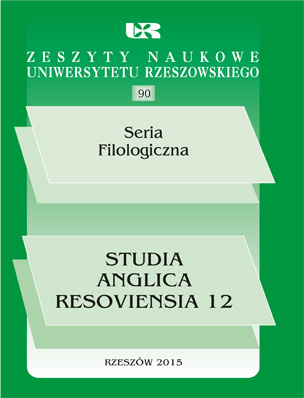Williamite Propaganda in the Anglo-Dutch Revolution
DOI:
https://doi.org/10.15584/sar.2015.12.11Keywords:
English history, seventeenth century, political propaganda, Anglo-Dutch relations, revolutionAbstract
The primary aim of this essay is to provide a revision of the events of 1688-89 in England, which – for over three hundred years – have been known as the ‘Glorious Revolution’. I wish to argue that without the military intervention of William of Orange, Stadholder of the United Provinces, the Revolution would not have taken place, thus it would be more appropriate to refer to these events as the ‘Anglo-Dutch Revolution’. Williamite propaganda – which the paper describes in details – played a crucial part in the success of the Revolution, as well as in the shaping of the interpretation (the so-called Whig interpretation) of the events after 1689, which dominated historiography for almost three hundred years. There is special emphasis in the essay on the analysis of the most important instrument of William of Orange’s propaganda, the “Declaration of Reasons” (issued on 30 September 1688), which justified the invasion and explained the Prince’s intentions.Downloads
Download data is not yet available.
Downloads
Published
2015-12-15
How to Cite
Borus, G. (2015). Williamite Propaganda in the Anglo-Dutch Revolution. Studia Anglica Resoviensia, 12(12), 127–134. https://doi.org/10.15584/sar.2015.12.11
Issue
Section
Articles
License
Copyright (c) 2015 Studia Anglica Resoviensia

This work is licensed under a Creative Commons Attribution-NonCommercial 4.0 International License.

